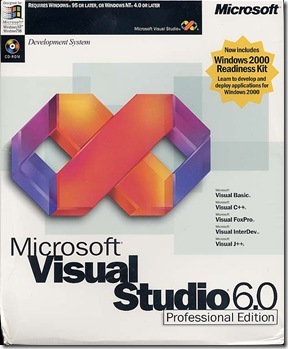As an unbridled capitalist, I never thought I would be siding with a union of any kind. I've never been a member of a union and have never desired to be. Don't get me wrong, I think there was a time for unions. But we don't have children working in coal mines anymore. And from my point of view the unions have succumbed to the very greed they claim to rail against.
But as I learn more and more about the Writers Guild of America strike I become more sympathetic to their arguments, but not for the reasons they would like.
The crux of the complaint is probably best explained by this video the writers of "The Office" posted about the strike.
Some people watch that and see people complaining about their boss screwing them out of pay for extra work. What I see is ANOTHER indication that the Hollywood STILL doesn't "get" the Internet and the change it is going to make in the way media is consumed. They still view it as nothing more than a marketing media, when in reality it is a delivery medium.
I see the television changing so much in the next five or so years that the concept of a "television channel" will be completely obsolete. It all started with Tivo. I remember the day I got mine (generation one) and it's not an exaggeration to say that it completely changed the way I watched television. I never had to worry about being home in front of the TV when my favorite show started. I'm not what I would call a "TV Junkie" by any means, but there are a handful of shows I really hate to miss. I now longer had to make a choice, or be worried about missing my favorite show. I just knew that at a certain point in time the show would just be on my Tivo for me to watch whenever I wanted. It seems so simple now, DVRs are pretty much everywhere, but it was a big change at the time.
The next step was the Internet. Well, more specifically it was the widespread available of cheap high-speed access to the Internet. To be honest, I think the only people I know who still use dial-up are my parents! I'm hoping this changes before I arrive for Thanksgiving next week, but I'm not holding my breath.
Anyway, this wide availability of high-speed Internet made high quality video over the Internet a practical reality. It took iTunes to demonstrate that not only was there a market for this type of media consumption, but that people were even willing to pay for it! Now all the major networks offer (or are preparing to offer) their content (meaning whole shows, albeit with commercials) for download. Products like Microsoft Windows Media Center and Slingbox, not the mention the new generation of Tivo, will continue to offer new possibilities for using the Internet as a delivery method of content.
So, it's really discouraging to hear what is behind this strike. Clearly the networks think of "web content" as a sort of second class form of entertainment. Instead of trying to keep their customers rooted in the past they should be embracing these changes and finding new models to do business in. Instead of fighting this new market they need to find a way to embrace it. Consumers want these things. It's in Hollywood's best interest to provide them.
And don't get me started on movies!


